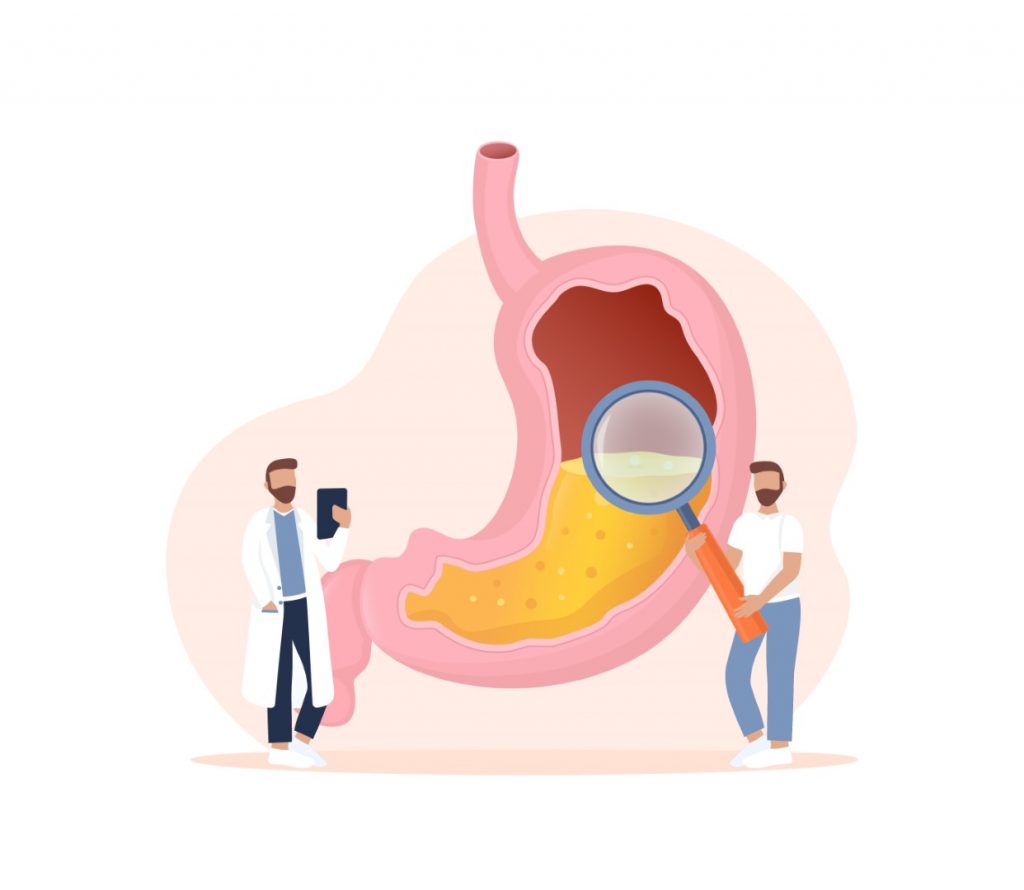
Gall bladder Stone Treatment
There are several types of gall bladder diseases. Here are some of them.
- Gall stones develop when substances present in the bile accumulate, form stones and passage in the gall bladder or bile duct.
- Gall bladder inflammation can be acute or chronic and is the most common type of gall bladder disease.
- Other serious medical conditions and chronic illnesses have been known to trigger gall bladder inflammation.
- Gall bladder’s function may be reduced by way of a disease known as biliary dyskinesia.
- Long term inflammation and damage to the bile ducts may cause scarring and the causes of this are unknown. Sometimes it’s even asymptomatic.
- Abscesses, gangrene and polyps may also occur in the gall bladder.
- Finally, the rarest but deadliest of them all is gall bladder cancer. It can also spread from the inner wall of the gall bladder to the outer walls and eventually to other parts of the body starting from liver
Causes of gallbladder disease
The risk factors for gall stone formation include obesity, diabetes and other diseases such as Crohn’s disease or liver cirrhosis. Generally women and those older than 60 years of age are at higher risk for gall stones. Family history of gallstones is also indicative of risk. Furthermore, some medications that contain estrogens may trigger gall stone formation.
Gall stones in turn may give rise to a host of other gall bladder diseases, blockages and inflammation. Prolonged and recurring presence of gall stones may cause permanent damage to the gall bladder and make it even more disease prone or cause a loss in its functionality.
But inflammation of the gall bladder may occur even without the formation of gall stones. The risk factors for this include severe physical trauma, heart or abdominal surgery, severe burns, blood infections or severe bacterial or viral illnesses and auto immune conditions such as lupus. Sometimes long term IV nutrition may also cause this type of gall bladder inflammation.
Gall bladder diseases also have an important cause in genetics. Other illnesses including cancers and tumours may also cause gall bladder blockages, inflammation and disease.
However, there are some factors which are within our control which have a major influence on gall bladder diseases. The most significant of them is diet.
A diet that has a lot of refined carbohydrates and sugary foods and is low in fibre has been linked to higher rates of gall bladder disease. Prolonged and excessive intake of fat high foods such as deep fried items, highly processed foods with low fibre content, and foods with high Trans fats also tend to irritate the gall bladder.
Needless to say, smoking and drinking, along with all the other bad effects they do to the body; also have a negative impact on gall bladder health.
Symptoms of gall bladder disease
Although there are different types of gall bladder diseases, the symptoms for them are very similar.
Pain is the most common and indicative sign of disease. Gall bladder disease usually causes pain in the mid to upper right section of the abdomen. It may be mild and tolerable for some people and severe and frequent for others. Sometimes ,the pain can begin to radiate to the back and chest.
Since the gall bladder is involved in the digestive process, especially that of fats, digestive problems result from gall bladder disease. These include nausea, vomiting, acid reflux and gas. Chronic diarrhoea in the form of more than four bowel movements per day for periods as long as three months is also a sign. Stools may be lighter in colour and indicate a blockage of the bile duct. Sometimes, due to obstruction, jaundice may result, which is noted by yellow tinged skin.
Urine may be coloured dark although it may also be due to other causes. Fever and chills are a symptom of infection and need immediate gall bladder treatment. Consult a gall bladder stone specialist in Chennai if you experience any of these symptoms
Gall Bladder Removal Treatment
Gall bladder diseases can be diagnosed by physical examination, biochemical tests and diagnostic tools such as CT, MRI, ultrasound etc. Treatment protocols include:
- Gall Bladder stone removal or in some cases the gall bladder itself will be removed
- Oral medications intended to dissolve gall stones and pain killers to manage pain.
- Lithotripsy is a procedure that uses shock waves to break gall stones into smaller particles which may pass through the bile duct easily and therefore eliminate the obstruction.
- For milder cases, exercise and heat compress may be enough to manage the condition.
- Lifestyle changes such as diet and exercise not only help prevent gall bladder disease but also help treat and/or manage existing gall bladder diseases. Fatty diets should be refrained from. Some gall bladder stone specialist may also advise switching to more plant based proteins instead of red meat.
- Overall, increasing the fibre content in food and avoiding fried foods may help alleviate gall bladder inflammation.
Contact Us:
Reach out to chennai liver foundation if you know anyone suffering from gall bladder disease, The procedure involoves the removal of the gallbladder which can be affected by gallstones. Our experienced gall bladder stone specialist in chennai can help you with gall bladder removal and stone treatment
You can find more about gall bladder surgery and gall bladder surgery cost in chennai by visiting Chennai Liver Foundation a well known liver hospital in chennai
